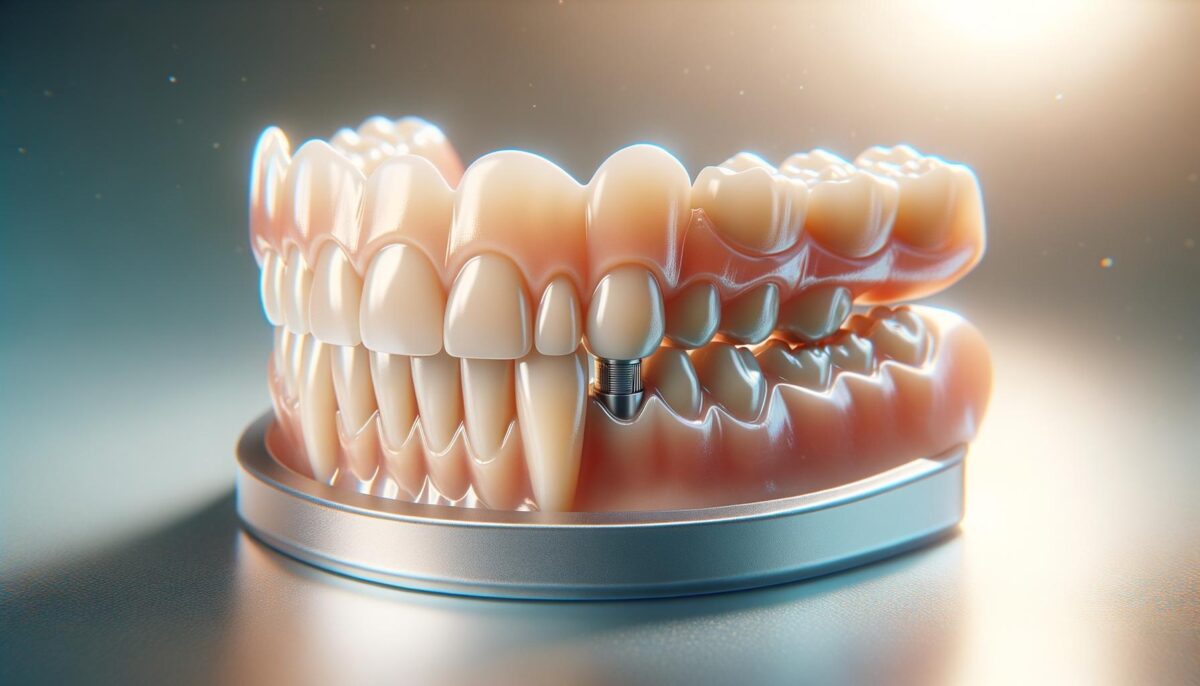The Importance of Proper Dentures
Proper dentures are not just about aesthetics; they are essential to maintaining oral health and quality of life. When designed and fitted correctly, dentures provide support for facial muscles, improving the structure and appearance of one’s face. They also allow individuals to chew food effectively, which is crucial for digestion and overall health. However, the benefits of proper dentures extend beyond the physical. They can significantly boost an individual’s confidence and social interactions, helping them to engage more freely in conversations without self-consciousness about their smile.
Types of Dentures Available
Understanding the various types of dentures can help in making an informed decision about which type might suit an individual’s needs. Here are the primary types:
- Full Dentures: Used when all teeth are missing. They sit on the gums and the roof of the mouth.
- Partial Dentures: Designed for individuals who still have some natural teeth. They often have a metal framework that attaches to the remaining teeth.
- Implant-Supported Dentures: These are anchored by dental implants and provide more stability compared to regular dentures.
Each type has its advantages, and the decision usually depends on factors such as oral health condition, budget, and personal preference.
Caring for Your Dentures
Proper care and maintenance of dentures are paramount to extending their lifespan and ensuring oral hygiene. Here are some tips for keeping dentures in top condition:
- Clean dentures daily with a soft-bristled brush and non-abrasive denture cleaner to remove food particles and plaque.
- Soak dentures overnight in a suitable solution to keep them moist and maintain their shape.
- Avoid using hot water as it can warp the dentures.
- Visit the dentist regularly for check-ups and professional cleanings to ensure your dentures fit well and your mouth remains healthy.
Failure to care for dentures properly can lead to discomfort, infections, or necessity for replacements, all of which can be avoided with consistent maintenance.
Common Challenges and Solutions
Many individuals experience challenges when adapting to dentures. Initially, there may be some discomfort or difficulty speaking and eating. Over time, most individuals adapt, but here are some tips to ease the transition:
- Start with soft foods and gradually introduce harder textures as comfort increases.
- Practice speaking by reading aloud to improve clarity and confidence.
- Use adhesive products to improve stability, especially when new to wearing dentures.
Consultation with a dental professional can also help in addressing these challenges, as they can provide advice tailored to individual needs.
Choosing the Right Dental Professional
Selecting a qualified dental professional is crucial when seeking the perfect fit for proper dentures. The right specialist will take into account the nuances of your oral structure and preferences, offering personalized care. When looking for a provider, consider the following:
- Check credentials and reviews to ensure a history of successful denture fittings.
- Ask about the range of services offered and ensure that follow-up care is available.
- Inquire about the technology and materials used to ensure you receive modern, high-quality dentures.
A trusted professional can make a significant difference in both treatment experience and outcome, making it worth the time and effort to choose carefully.
Conclusion: The Path to a Comfortable Smile
Investing in proper dentures is a significant step towards enhancing your quality of life and self-esteem. By understanding the types available, dedicating time to care for them, and selecting the right dental professional, you can ensure that your dentures are both functional and comfortable. Remember, the journey to achieving a confident and engaging smile begins with making informed decisions about your dental care needs.
